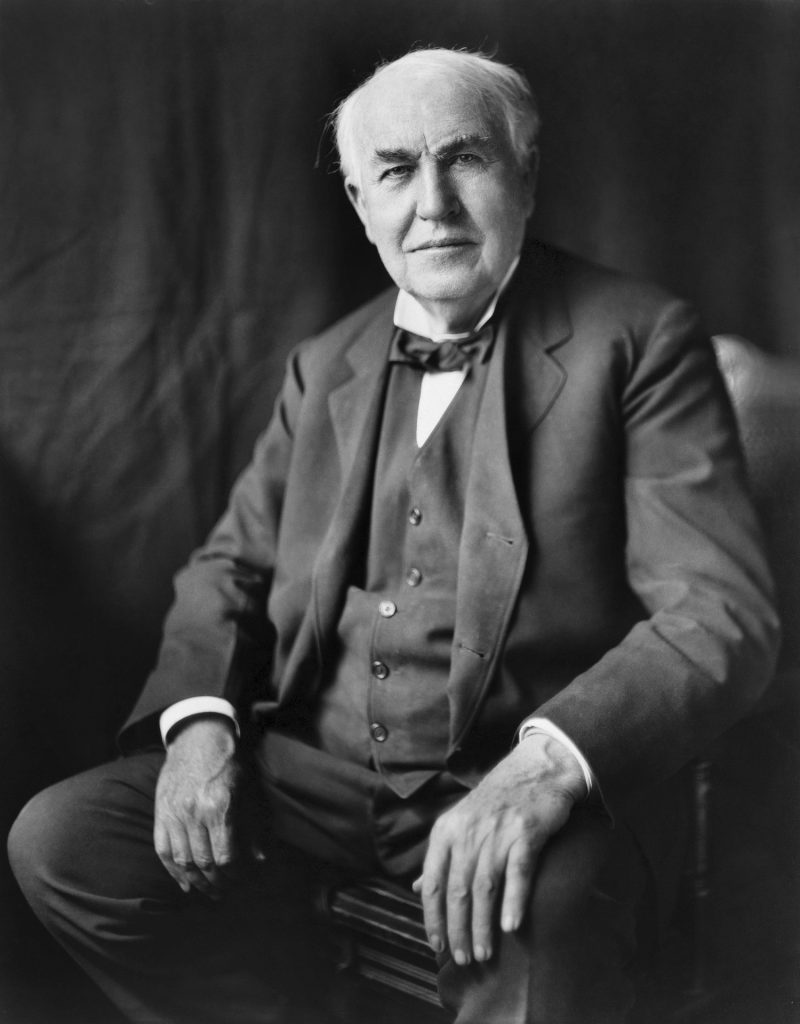“Vulnerability is the birthplace of innovation, creativity and change” — Brené Brown
Each person has a different perception of what vulnerability means. Most of us associate it with weakness. This is mostly due to our upbringing, social background (race, education, lifestyle, gender, creed etc) or due to not knowing too much about this subject in general.
While indeed vulnerability involves a lot of exposure and risk, it is in no way the same thing as weakness. Now, we will explore what vulnerability means and showcase why being vulnerable can be beneficial for your career and personal growth.
The textbook definition of the term is: ‘vulnerability is the quality of being easily hurt or attacked’. The term is derived from the latin work ‘vulnus’ which means ‘wound’. This literal definition can be extended to the emotional area as well and imply a certain openness — if you are vulnerable, you might suffer.
But what if you can cultivate this emotion? What if this kind of exposure or being vulnerable is an untapped source of growth and learning?
Where would the world be if innovators shut down all vulnerability?

Thomas Edison
If Thomas Edison got discouraged after his many failed attempts to build the lightbulb (and many other patents) and after people telling him it’s pointless, we would have probably gotten this invention at a later time.
If Henry Ford quit after his first 2 car companies failed and he lost credibility from his investors and the public, the automobile industry would not be the same today.
If Elon Musk was afraid of public view and being exposed, he would not openly reveal his projects, only his successes. For example, he publicly announced when his Model X Tesla would start being manufactured. That term was delayed for 18 months. This is just one of the hits the magnate has taken, a full list is presented here. How much do all these failures affect him? Well, he’s worth 20 billion USD so I’d say they haven’t killed him yet.
But what does this have to do with vulnerability?
I’m sure that they did not necessarily think about vulnerability when they decided to keep going despite all the things they’ve been through, but this emotion is the core to understand why they did it.
The researcher Brené Brown says that tapping into the emotion of vulnerability opens up some new experiences which otherwise are not lived at their fullest. These experiences are love, trust, joy, and creativity. Vulnerability also means being engaged, being all in, and this is exactly what the people mentioned above were/are. They showed dedication and a strong belief in their work even when the circumstances were not encouraging.
When Musk was asked during an interview how he felt about his role models not supporting his ideas, he gave an emotional and genuine answer. This is what vulnerability is all about:
Despite the fact that people he admires most, don’t share the same vision, Musk is nowhere near giving up. His natural response is that he wishes to show them what he is doing and what he’s hoping to achieve and hopefully bring them to his side. That’s how strong his resolve is.
Examples of vulnerability which encourage growth

1. Creating and showcasing your creations: An example could be when you create a presentation or workshop about something you are passionate about (or anything for that matter) then deliver it without any guarantee of acceptance or appreciation or even that anyone would show up to see it.
2. Asking questions: Being afraid or ashamed to ask questions revolves around the sphere of vulnerability. If you do ask, you might be perceived as stupid or it means admitting that you don’t know anything about the subject at hand. If you don’t you’ll probably play along, act like everything is crystal clear and in fact leave with bigger gaps than the ones you started with. But, under no circumstance is asking a question a bad thing or something we should avoid.
3. Showing genuine appreciation: Vulnerability is to tell your colleague how much you appreciate his work and that he did a good job because you really feel that way and you mean it.
4. Giving/Receiving feedback: Vulnerability to put yourself out there and openly give someone feedback even if it’s not necessarily something good. Then being open to receiving the same kind of feedback.
5. Saying no: Many people have a problem with saying no at work or their personal lives. This is because we fear that by doing so, people will stop liking us and we lose part of our utility. Instead, saying yes all the time to all insignificant requests can disrupt our flow and render us less useful or productive at work. When the request is not necessarily beneficial for your growth, some alternatives to saying no could be openly explaining why you are not going to do it or offering them another solution.
6. Asking for help: By doing this, you openly admit that you were not able to solve an issue by yourself. Certain thoughts can arise that we might seem weak or that we are not as resourceful as we have people believe. The truth is that, by asking for help, besides getting a new perspective from others, you also save up time to invest in other activities. And people are generally really eager to help when they can. When you seek or offer help, a deeper level of appreciation and trust is created.
7. Accountability for your work: This means that you are responsible for all the work you do, successes and failures alike. It’s being able to take a compliment when it’s due but also owning up to your mistakes and being able to say ‘it is my fault‘ or ‘I’m partly to blame for this so let’s see what we can do so that it doesn’t happen again or how can we improve our process’.
8. Nurturing connection: Vulnerability encourages connection. The connection is starting to be more and more valued in the age of technology where we tend to only focus on our 9 to 5 where we do our part then go home. By allowing yourself to be vulnerable you open up to a greater level of connection which ultimately results in gaining trust.
9. Being adaptable: Adaptability to change is all about vulnerability. It implies that you let go of some beliefs and truths which you already know and adopt new truths. It’s taking into account that confirmation bias is real and it can affect every aspect of learning something new, especially in a field where we already have some kind of expertise. Adaptability also implies having the courage to take up learning a new thing, even if it’s hard and you might fail at first, but believing you will get it done.
10. Showing authenticity: This means being able to express who you really are, not who you think you should be depending on a certain situation. Authenticity generally leads to people’s appreciation, and with that, to gain their trust.
The bottom line is…
Whatever your conception was regarding vulnerability, it should not be seen as a weak spot.
Shutting this emotion down will not make you a better or a stronger version of yourself. It will only lead to a more limited and close-minded you.
So start with baby steps and gradually do some of the stuff I’ve mentioned above or something you’ve been putting off until now and see where it takes you professionally and personally.
Please let me know if you liked this article and more importantly what you didn’t like about it, and if it helped you in any way shape a new/ different perspective on the subject of vulnerability.
Thanks for reading!
Author: DRAGOS CAMPEAN

